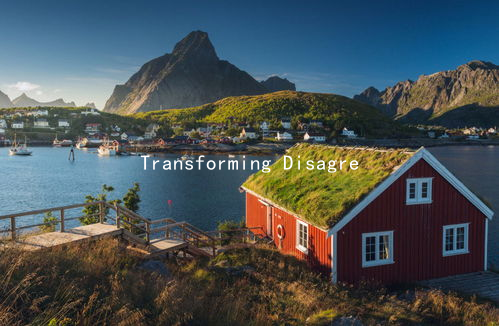Building Bonds: Effective Communication Skills for Couples
Effective communication is the cornerstone of any successful relationship. For couples, mastering the art of conversation can significantly enhance their emotional connection, understanding, and overall happiness. Here are some key communication skills and techniques to help build strong bonds in a romantic partnership.
One of the most important aspects of effective communication is active listening. This means being fully present when your partner is speaking, showing genuine interest in their thoughts and feelings. To practice active listening, focus on your partner without distractions, make eye contact, and occasionally nod or provide verbal affirmations like I see or I understand. Reflect back on what they’ve said by paraphrasing or summarizing their points, which demonstrates that you respect their perspective and are engaged in the conversation.
Another essential element is expressing your feelings honestly and openly. Couples often struggle with vulnerability, fearing that sharing their emotions might lead to conflict or rejection. However, sharing your thoughts in a respectful and non-confrontational manner fosters intimacy. Use I statements rather than you statements to express feelings without casting blame, such as I feel neglected when you don’t spend time with me instead of You never pay attention to me.
Non-verbal communication also plays a crucial role in how couples interact. Body language, facial expressions, and tone of voice can convey more than words alone. Be mindful of your non-verbal cues, as they can either reinforce or contradict your verbal messages. For instance, crossing your arms can signal defensiveness, while a warm smile can convey acceptance and love. Paying attention to your partners non-verbal signals is equally essential, as it can help you better understand their emotional state.
Conflict is a natural part of any relationship, and how couples handle disagreements is critical to their bond. Instead of allowing arguments to escalate, approach conflicts with curiosity rather than anger. Ask questions to understand your partners viewpoint and show a willingness to compromise. Phrasing disagreements constructively can lead to productive discussions; instead of focusing on what you oppose, express what you need. For instance, you might say, I appreciate your input, but I would like us to consider another option. This approach invites collaboration rather than opposition.

Timing is another crucial factor in effective communication. Often, discussing important issues when emotions are running high can lead to misunderstandings and hurt feelings. Choose the right moments—when both partners are calm and receptive—to bring up sensitive topics. This may also involve creating a safe space where both partners feel comfortable sharing their thoughts without fear of judgment.
Moreover, practicing gratitude can significantly enhance communication. Regularly expressing appreciation for your partner fosters a positive atmosphere and encourages open dialogue. A simple thank you for everyday acts can go a long way in strengthening emotional bonds. When couples focus on gratitude, they are more likely to have constructive conversations rather than negative ones.
Lastly, don’t underestimate the power of humor. Sharing laughter can lighten tense moments and create a deeper connection. It helps build resilience and keeps the relationship dynamic. Find opportunities to joke and playfully tease each other, as this can reinforce your emotional ties and create joyful memories together.
In conclusion, effective communication skills are vital for couples seeking to build and maintain strong bonds. By practicing active listening, expressing feelings openly, being mindful of non-verbal cues, handling conflicts constructively, choosing the right moments to communicate, expressing gratitude, and incorporating humor into interactions, couples can cultivate a deeper understanding and lasting love. Remember, communication is a skill that can always be refined and developed, making it an ongoing journey for every couple.





